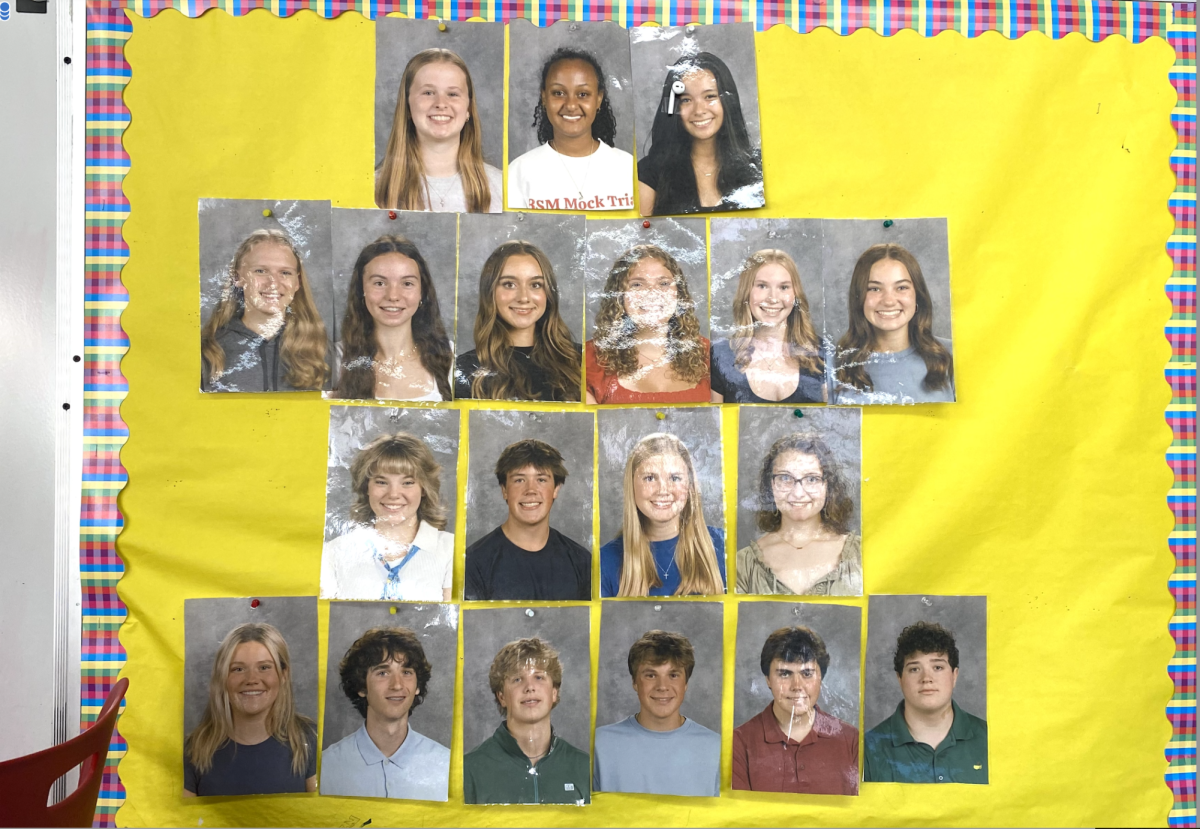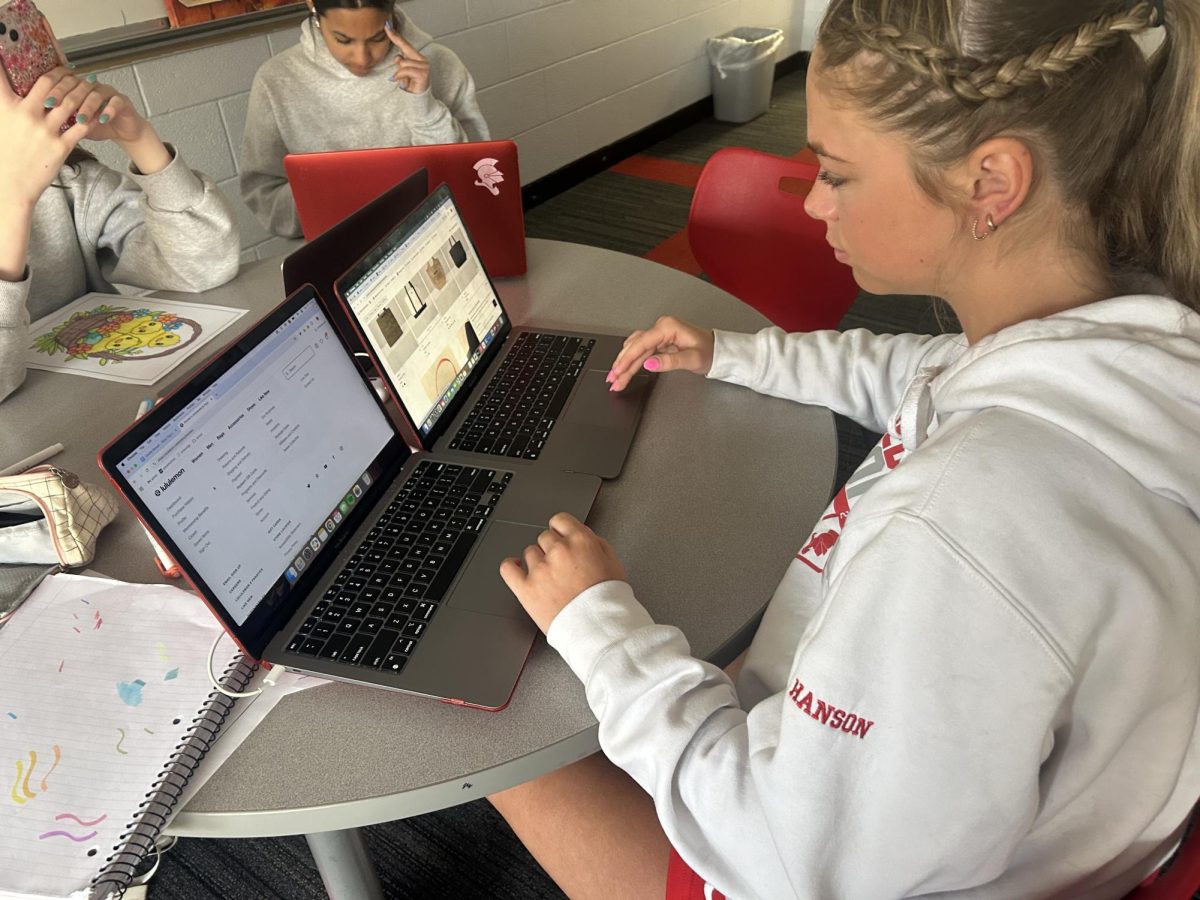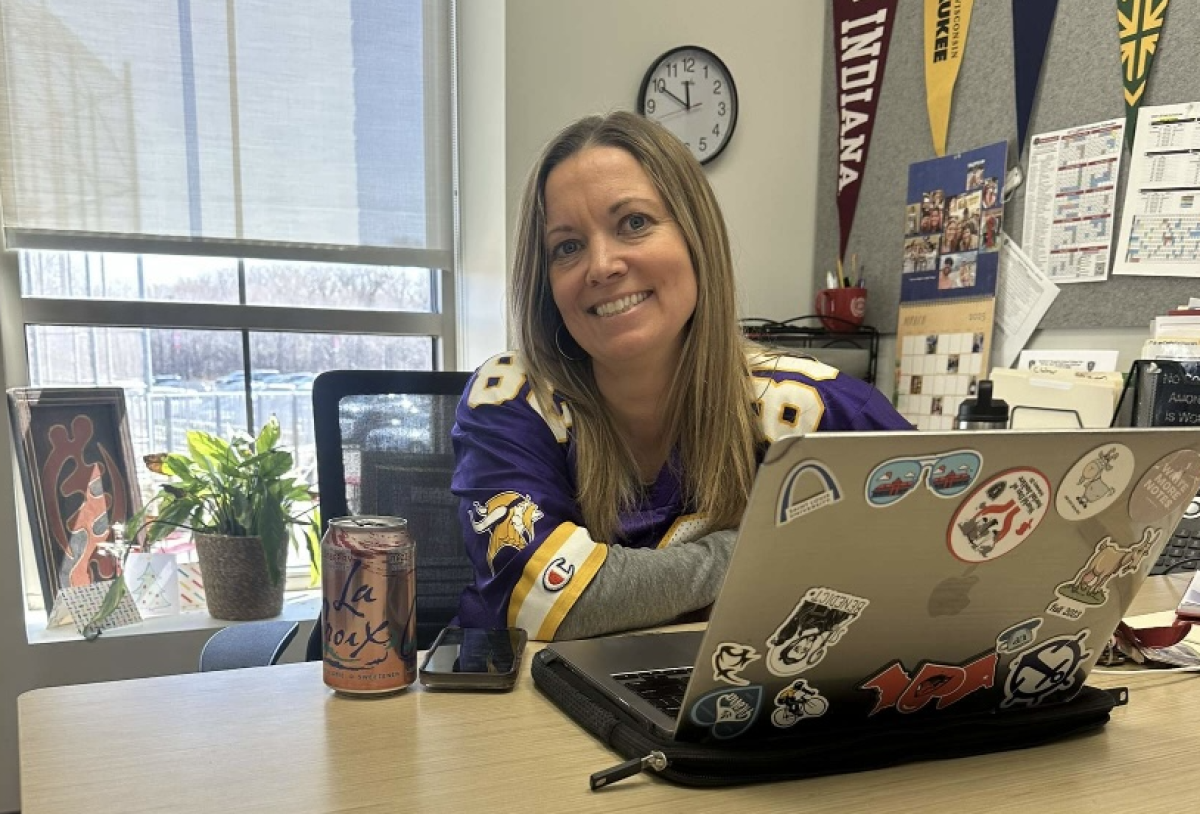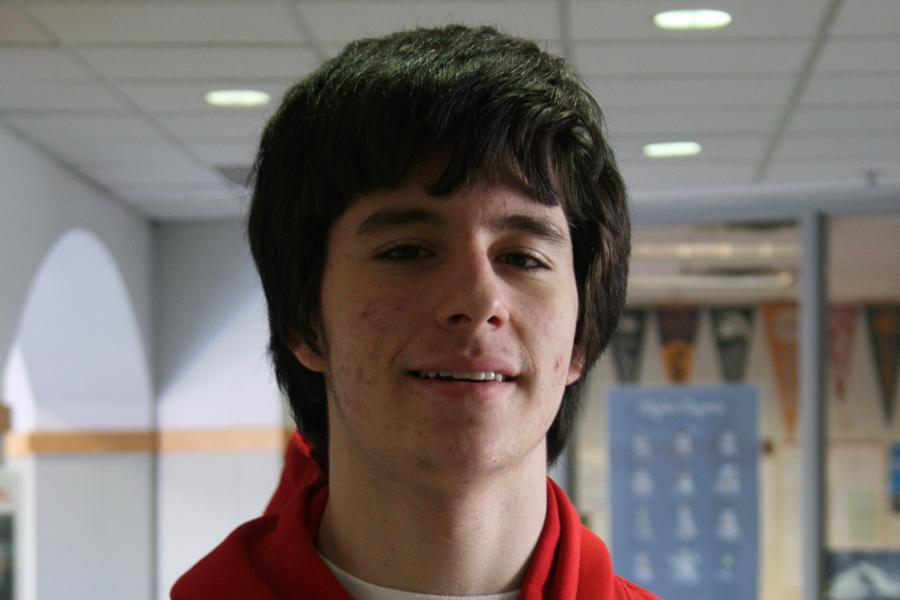Managing learning disabilities is not a simple task, but some students must learn to cope with them from an early age. In second grade, junior Carter McNew was diagnosed with ADD and dyslexia, and although his experiences have been tough, he became an expert on coping with learning disabilities.
Dyslexia, generally believed to be a disorder that mixes of up letters in words and numbers in sequence, falls under the category of a learning disability, even though its effects are different than commonly assumed. “Dyslexia doesn’t scramble letters in my head like everyone thinks. Reading comprehension is what it really affects, and that just takes longer for me. At least, I think it does. I don’t really know because I never haven’t had dyslexia,” said McNew.
Because dyslexia has such great effects on students academically, BSM does what it can to make learning less of a struggle. “The school helps out a lot, mostly with accommodations like longer test times, which are really important. But the school can’t do my work for me, which is the only thing that would make it easier,” said McNew.
Especially for dyslexics, communication between students and teachers is beneficial. “It’s all about the students, parents, and teachers working together. They can’t force my brain to learn stuff, but they can make it a little easier,” said McNew.
Living with a learning disability and discovering how to cope with it can bring out both strengths and weaknesses in those affected by them. “I know now that I am more of a ‘math kid.’ I love math, and I hate reading because that’s what is hard for me. Just because I have a learning disability doesn’t mean I don’t excel in other aspects of my life,” said McNew.
For any student combatting a learning disability, success is definitely obtainable. “I don’t feel disabled. Yeah, some things are really hard for me, but I learned how to get it together. My life has this road block, but I always find other ways to get to my destination,” said McNew.




































![Teacher Lore: Mr. Hillman [Podcast]](https://bsmknighterrant.org/wp-content/uploads/2025/03/teacherlorelogo-1200x685.png)





